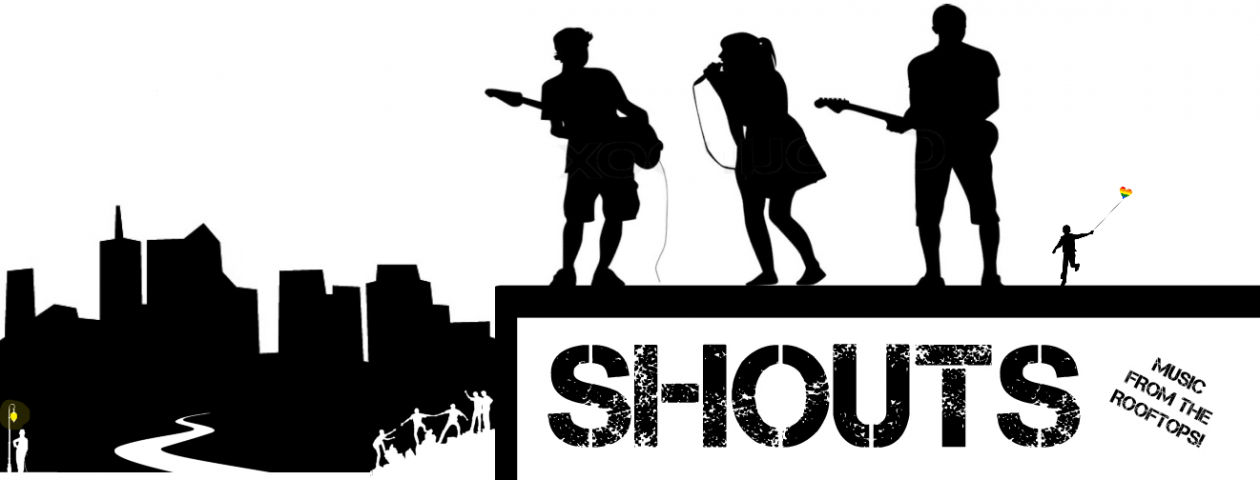
Laura Hamer, The Open University
The landmark Misogyny in Music report from British MPs on the women and equalities committee, published on January 30, shines an unsettling light upon the gender discrimination, sexual harassment and abuse which is rampant across the music industry.
The cross-party inquiry heard evidence from a wide range of witnesses connected to the music industry. The findings are deeply disturbing, highlighting that women working within the industry face “limitations in opportunity, a lack of support, gender discrimination and sexual harassment and assault as well as the persistent issue of unequal pay in a sector dominated by self-employment and gendered power imbalances”.
The report calls out the widespread misuse of non-disclosure agreements, which silence victims and protect perpetrators, meaning that: “People in the industry who attend award shows and parties currently do so sitting alongside sexual abusers who remain protected by the system and by colleagues.” The inquiry also found that the issues are “intensified for women faced with intersectional barriers, particularly racial discrimination”.
This report follows a raft of recent investigations into discrimination within the music industry.
A culture of discrimination
In September 2022 the Independent Society of Musicians published its report, Dignity At Work 2: Discrimination in the Music Sector. The report was based on survey responses from 660 people in the music industry.
It found that 66% had experienced some form of discrimination and 78% of that discrimination was committed against women. Of the discrimination, 58% was identified as sexual harassment, with 76% of workers within studio or live music event settings having experienced discrimination. It also found that 88% of self-employed respondents did not report the discrimination which they had experienced (94% had nobody to report it to).
Important recent research reports have also been produced by Black Lives in Music, Donne Women in Music and Women in CTRL. The findings also echo a number of the themes which have emerged through the work of the Arts and Humanities Research Council (AHRC)-funded Women’s Musical Leadership Online Network, which I lead with Professor Helen Julia Minors of York St John University.
Further problems for the industry
Gender discrimination permeates every layer of the music industry. Although representation of women has increased in recent years, men still dominate leadership roles.
The persistent gendered associations of certain musical instruments and genres still prevent women from taking them up or performing them professionally at the same rates as men. Historically, women were encouraged to play “ladylike” instruments, such as the piano or harp, whereas wind and brass instruments – which require the distortion of the facial muscles – were strongly discouraged, as were the lower strings and percussion.
Although many of these historical restrictions have evaporated, they linger on in the present day for the drums, bass guitar and brass. Jazz, heavy metal and rap (despite having many women artists) are still often seen as masculine genres.

The industry remains male-dominated and beset with unequal working practices. Many of those working within it are self-employed, working on precarious contracts which often involve antisocial hours without the same protections as those working for companies.
Self-employed musician-mothers are often unable to take maternity leave of any significant length and childcare costs are exorbitant. The sexualised reception and constant scrutiny in media and social media endured by women within the music industry is exhausting, threatening and degrading. The widespread sexual abuse and harassment which so many women are subjected to is a shameful open secret.
The Misogyny in Music report is an urgent call for change.
Recommendations from the report
The report includes 34 recommendations. It calls upon the government to legislate to “ensure freelance workers are provided with the same protections from discrimination as employees”. It also asks for an amendment to section 14 of the Equality Act “to improve protections for people facing intersectional inequality”.
The report urges the government to “bring forward legislative proposals to prohibit the use of non-disclosure and other forms of confidentiality agreements in cases involving sexual abuse, sexual harassment or sexual misconduct, bullying or harassment, and discrimination relating to a protected characteristic” (characteristics protected by the Equality Act, such as age and race). It also suggests a retrospective moratorium on those already in place.
The report signals the establishment of a new Creative Industries Independent Standards Authority (CIISA) to act as “a single, recognisable body that anyone in the industry can turn to for support and advice”.
It considers the additional requirements which it would be useful to introduce for spaces within which it is known that abuse takes place, recommending that studios and music venues, the security staff that work at them, and artist managers should all be licensed.
What’s clear from the report is that the behaviour of men lies at the heart of these issues. Preventative measures, however, risk normalising these kinds of behaviour because they place the burden of responsibility on women to avoid becoming victims. Alongside legislative reforms, a deep cultural change is needed within the music industry to ensure it becomes a safer, inclusive and supportive space for women.
Laura Hamer, Senior Lecturer in Music, The Open University
This article is republished from The Conversation under a Creative Commons license. Read the original article.
















